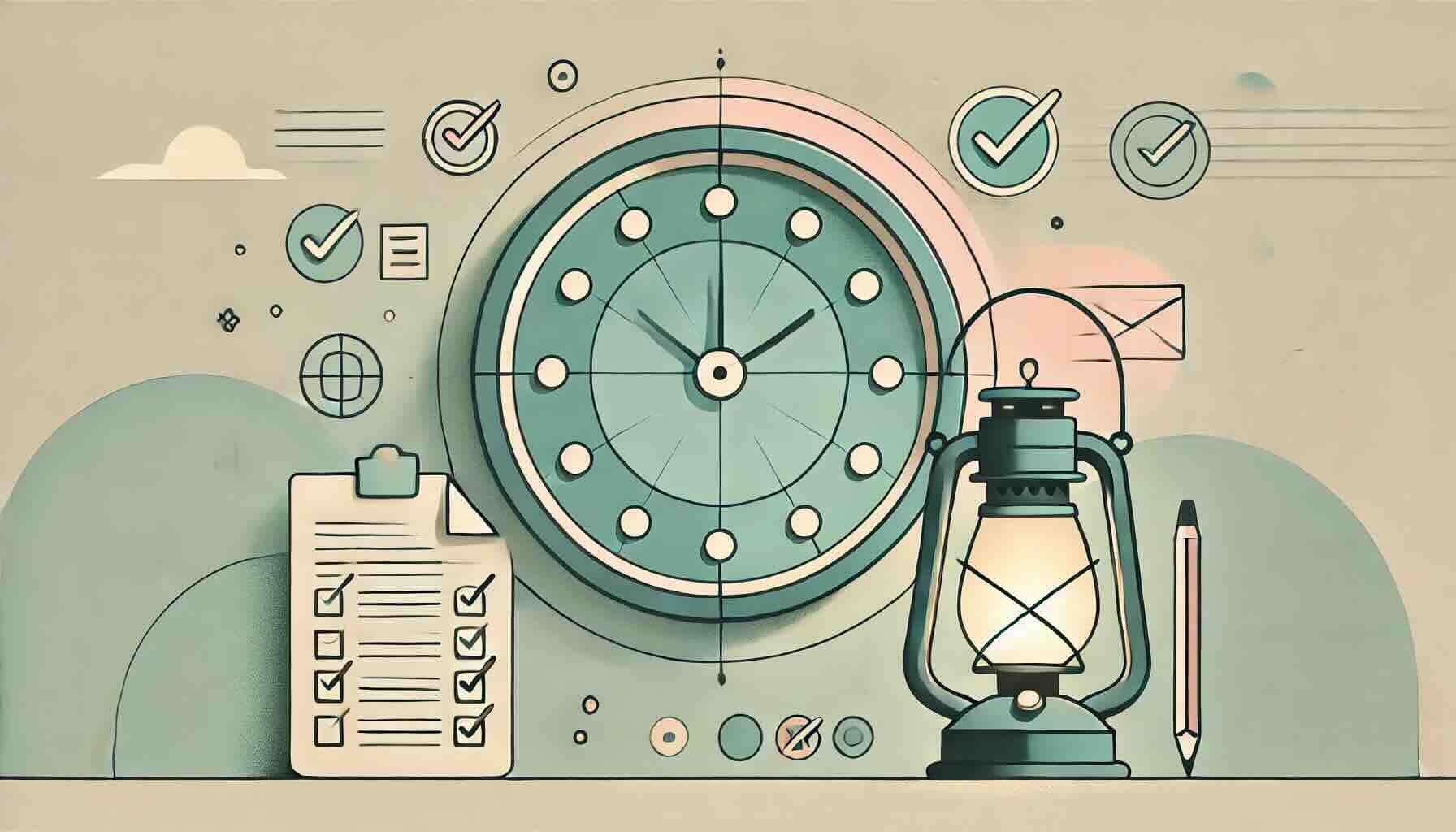Work is so much better when the focus is on teamwork, growth, and good energy. But sometimes, little things—like gossip, blurred boundaries, or overly personal questions—can sneak in and create unnecessary stress. The good news? With a few thoughtful habits, you can sidestep drama while keeping things friendly and professional.
Here are seven ways to stay drama-free, protect your peace, and keep work a positive place to be.
1. Spot gossip early and steer the conversation elsewhere
We all like a good chat, but if “venting” starts sounding like whispers about others, you don’t have to join in.
What to watch for
- Sharing private info about coworkers
- Subtle digs disguised as “concern”
- Oversharing that doesn’t involve you
How to handle it kindly
Try simple responses like, “Hmm, I haven’t noticed,” or switch the subject to something neutral. You’re not being rude—you’re just showing you prefer positive conversations.
2. Keep workplace friendships light and genuine
Friendly connections at work make the day more enjoyable. Just remember, not every quick bond is meant to be a deep one.
Signs to keep in mind
- Gossip disguised as “bonding”
- Conversations that feel one-sided
- Questions that feel like fishing for info
You can absolutely be warm and approachable while keeping some things private. A smile and a little kindness go a long way.
3. Handle personal questions with humor and grace
Coworkers might ask about your life out of curiosity, not realizing they’ve crossed a line. You can set limits while keeping things friendly.
Examples
- “I try to keep work and personal life separate—it helps me focus.”
- “Haha, I’m pretty boring outside of work—nothing to report!”
- “I like to keep things low-key. How about you?”
This keeps the mood light while gently reminding others that your personal life is yours to share (or not).
4. Set boundaries without feeling guilty
Boundaries aren’t about shutting people out—they’re about creating space to do your best work and recharge.
Try these lines
- “I’d love to chat more, but I need to wrap this up before the deadline.”
- “I’m taking a quiet lunch today to recharge a bit.”
Being clear and kind helps people understand where you stand, and most will respect it.
5. Stay steady when emotions run high
Sometimes coworkers use emotion to get closer or sway you, but real connection doesn’t come with strings attached.
Phrases that can signal pressure
- “I thought we were close—you didn’t tell me?”
- “I’m only trying to help, but you’re being defensive.”
- “I know things—just looking out for you.”
If something feels off, give yourself permission to take a step back. Staying calm and consistent is your superpower here.
6. Notice when “small talk” feels like gossip in disguise
Friendly chatter is part of any workplace, but constant “inside scoop” isn’t always harmless.
Red flags include
- Sudden over-niceness before “sharing something”
- Dropping names of people you don’t even know
- Speaking in half-truths to get your reaction
If your instincts say “Hmm, not for me,” trust them—it’s okay to bow out.
7. Know when it’s time to step back
Sometimes, despite your best efforts, things just feel heavy. That’s your signal to protect your peace.
Clues it’s time
- Feeling anxious because of people, not work
- Replaying conversations in your head after hours
- Doubting yourself just for setting limits
Stepping back doesn’t mean you’re cold—it means you’re self-aware and protecting your well-being.
Final thoughts
Workplace drama is optional. Peace is a choice. Choosing kindness, professionalism, and healthy boundaries doesn’t make you distant—it shows self-respect and emotional intelligence.
Think of your energy and focus as valuable resources (because they are!). Guarding them keeps you at your best—and helps create a healthier, more uplifting workplace for everyone.












































